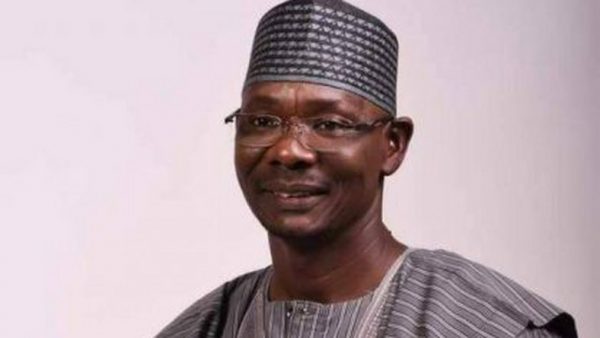The National Economic Council on Thursday received the report of the Presidential Economic Advisory Council on the impacts of Coronavirus disease on Nigeria’s economy.
Governor Abdullahi Sule of Nasarawa State revealed this to State House correspondents at the end of the monthly meeting of NEC, which was presided over by Vice-President Yemi Osinbajo at the State House, Abuja.
Sule said the report indicated that before the outbreak of coronavirus, the economic condition of Nigeria was fragile, vulnerable and deteriorating.
He said: “Output growth, though rising, remains weak and fragile – being outstripped by population growth almost a quarter of the economy was shrinking/contracting.
“The beginning of a new cycle of faster increase in prices and inflation ended the year at 11.98 per cent impaired with 11.44 per cent in 2018.
“Rising deficit and debt service payment increasing, funded from ‘ways and means’ borrowing, which leads to money supply growth.
“This poses a threat to inflation and the exchange rate.”
According to him, the report also showed how external influences drive the Nigerian economy – Trade, Capital inflows, policy diaspora transfers.
Sule said the report indicated that the impact of Coronavirus on the Nigeria Economy would affect the oil sector, while stressing that both price and quantity are expected to fall.
He said: “Both import and export will fall, but it is likely that import will fall by less than export.
“Fall in import will be expected to adversely affect production input, leading to fall in output and rising unemployment – this will worsen the fate of the manufacturing sector.
“While rising unemployment will weaken demand, import disruptions are also likely to raise cost and inflation.
“At a time of widespread uncertainty and capital flight towards safety, Nigeria should not expect the premium derived from keeping interest rates high will be adequate to keep Foreign Portfolio Investors from considering safety.”
The governor further disclosed that the Minister of Finance, Budget and National Planning, Zainab Ahmed, updated the Council on the balance of the Excess Crude Account as at March 17, 2020, saying stood at $17,220,756; Stabilisation Account was N35,806,389,699.67, while the Natural Resources Development Fund Account was N109,360,903,475.60 as at March 17, 2020.
Sule also disclosed that the Council received an update on the ownership review and the analysis of the DisCos, saying final report on the electricity reform would be circulated later.
Previous ArticleCOVID 19: Plateau orders closure of all schools
Next Article COVID-19: NAWOJ wants FG to shut schools


